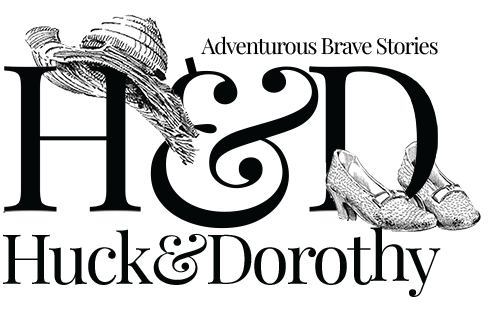Pain. Grief. Fear. Torment. To see an actor wrestle with these emotions on screen equals Oscar-worthy performances. We are awed by these actors’ abilities to access such depth of emotion — emotions that most people do their best to avoid daily.
Many actors and other artists think that experiencing pain regularly, sabotaging their relationships or jobs, physically hurting their body—denying nourishment or overeating, maybe even exercising excessively, or “getting high,” will help them authentically create emotionally rich characters and art.
I’m sure you can think of an actor, comedian, singer, or musician who made the headlines because they were going through another divorce or breakup, entering a rehab program, or, sadly, their life ended abruptly due to an addiction.
For many of us artists, we have found stories as a way of escaping our own pain and suffering. We hide behind a role or a song and release these undesirable emotions through a character’s safety. Interestingly enough, studies have shown that abused children can find a pathway to healing by learning how to express their feelings through various art forms. So, this is sometimes a good thing.
How is a close connection to pain and suffering necessary when preparing for a role or creating lasting art? Can artists truly be whole and still be interesting? Can we bring a character experiencing pain to life once we have gone through the fire and done the heart work to come out whole?
A lot of artists are introverts at their core. Keeping your heart guarded and isolated can sometimes produce a very layered, complex character on screen. But, it makes for a very lonely and hurting soul. Some have difficulty opening up these so-called negative emotions, so they look to drugs to give them the confidence to bare their pain and share their voice.
In the film Born To Be Blue, Jazz musician Chet Baker, played by Ethan Hawke, goes through a grueling transformation to be free of drugs. After surviving a traumatic beating, he learns to play his trumpet again at the level that once made him a legend.
He’s worked through his pain and developed a more honest and pure sound. But, in the end, when faced with his demons again, he chooses what he knows will end all of his true joy and loses the woman he loves the most. He chooses the drug that eventually takes his life because he doesn’t believe he can be at the top or create the sound he wants to make without it. The truth is, he didn’t need it. The gift was in him—not the drugs.
There’s a weighty line given by his manager right before Chet makes this life-altering decision. His manager quotes 1 Corinthians 13, “If you sing with the tongue of angels, but you have no love, then you’re a clanging symbol.” Chet asks for an explanation, and his manager answers, “I don’t want you to be empty out there.”
Actors and artists have talents that are gifts of the Divine. We have a unique way of viewing the world and processing our thoughts and emotions. We feel deeply. We have a responsibility to share our gifts with others by creating. Through our stories, we can find hope.
Art is cathartic. I had never heard that word until I was an adult in the company of writers. It’s an incredible word. It means “purging, purifying, cleansing, releasing, relieving, freeing, delivering, ridding.” It’s antonym is “repressing.” We must create and partake in the gift of art because it lightens our load, refreshes us, and brings healing if we allow it.
I’m sure you can remember positive or negative events in your life that caused change. Looking back, prominent relationships and strong opinions about those people will surface. Some of these memories may be ones you’d rather not remember ever again. And if you’re not ready to face these memories alone, talk to a trusted friend or counselor and take small steps. Don’t force yourself to go to dark places you’re not ready for without careful consideration and prayer.
Well-told drama produces conflict, and conflict produces change. Change doesn’t usually come easily for us in life. It would be ideal if we could live under fair-weathered skies all the time, but that is not the case.
The funny thing is that even though we grow and mature, the child or teenager or young adult we once were is still inside us. All of our life experiences make up who we are today. So, we don’t need to mess up our lives or hurt ourselves and those around us when everything seems to be going well to play a complex character. We need to trust that what we need to bring life to a story is found inside of us and in those relationships closest to us.
Stanislavsky’s method of acting includes something called emotional memory recall. It’s exactly what we’re talking about. Remembering a time in your life when you experienced something similar to what your character is experiencing in your story. This actually happens to us when we watch a film — our mind associates our life with a character in the story, and it unlocks something that causes emotions to surface in our hearts, and the wrestling begins.
Being present and being interested in the lives around us is an act of giving unselfishly; this, in turn, takes our eyes off of our suffering and gives attention to someone else. And this brings about empathy. (Another great word my English teacher warned us not to confuse with sympathy).
Empathy opens our hearts toward others and causes us to feel along with them. We put ourselves in their shoes. We don’t pity them and look down on them. We seek to understand them and embrace them. This is the stuff of great acting. You don’t have to be miserable and cause everyone else around you to suffer to accomplish great art. You simply have to be willing to listen and resist the urge to repress the emotions that surface, shining a light on an area of your own heart that wants to be free.


